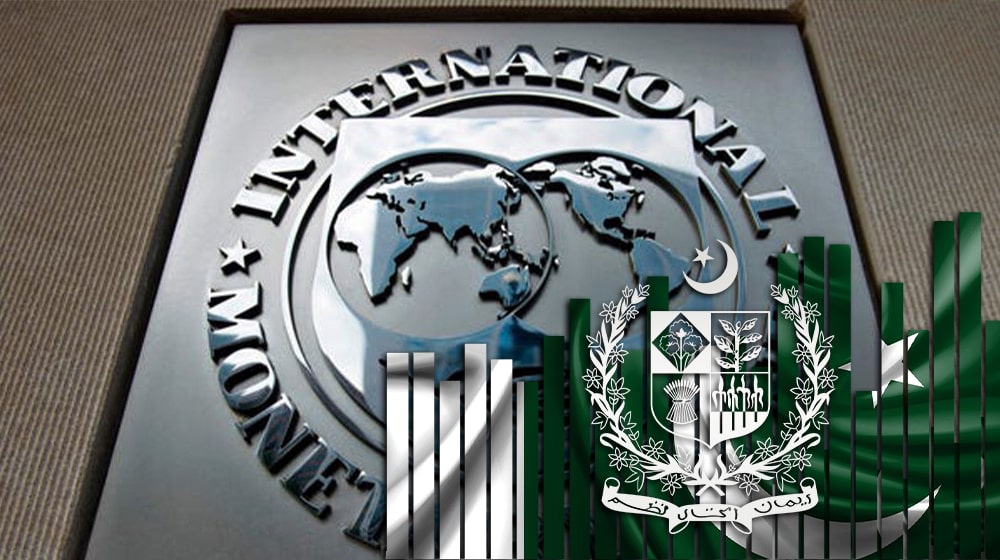Pakistan’s finance minister, Muhammad Aurangzeb, has approached the International Monetary Fund (IMF) for $1 billion from its Resilience and Sustainability Trust, aiming to counter climate risks and propel the country’s shift toward sustainable energy.
Currently, Pakistan’s power sector grapples with a circular debt crisis that has ballooned to Rs2.66 trillion ($9.5 billion). This increase stems largely from inefficiencies in the power distribution system and costly contracts with independent power producers (IPPs). To mitigate these issues, the government plans comprehensive reforms focused on optimizing IPP costs, reassessing fiscal impacts on consumers, and fostering competition through electricity unbundling. This approach is expected to improve market efficiency and stabilize prices.
Renewable energy is a central component of these reforms. The finance minister underscored the role of renewables in delivering affordable electricity, a crucial factor in establishing a competitive energy market. Complementing these reforms, the government also intends to privatize electricity distribution companies and strengthen governance to improve efficiency and reduce costs for consumers.


